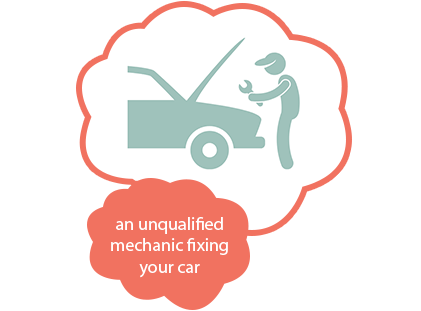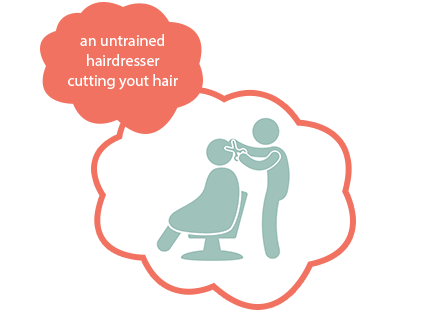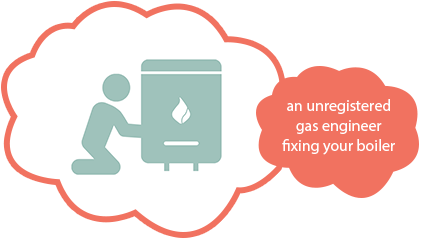
WHY CONSULT A DIETITIAN?
“Dietitians are also nutritionists, but nutritionists are not dietitians!”
Choosing the right person to get help and advice from can be confusing. Many people claim to be nutrition and feeding experts yet have limited knowledge and may give you and your child unsafe information.
YOU WOULDN’T WANT…



…So why take advice on something as important as the food your child eats from someone unregistered and unqualified?!
6 THINGS A REGISTERED DIETITIAN CAN DO FOR YOU AND YOUR CHILD
Help with breastfeeding
Help diagnose and manage food allergies
Provide feeding solutions to digestive problems
Help with weaning
Manage fussy eating
Plan healthy plant-based diets

HOW MUCH DOES THIS COST?
€150 New Consultation
60 minutes video call + personalised plan
€599 Fussy Eating Support
3-Month Programme
€150 Feeding Your Toddler
Self-paced online course
€90 Ready, Steady, Wean
Self-paced online course
€120 Follow-up Consultation
60 minutes review and follow-up plan
Dietitians are the only nutrition professionals regulated by law
“Dietitians are also nutritionists, but nutritionists are not dietitians!”
Anybody can call themselves a Nutritionist, a Nutritional Therapist or a Diet (or weaning) Expert.
The title ‘Dietician’ is legally protected in Ireland and the UK. CORU must register professionals before they can use the title ‘Dietician’. Dieticians registered with CORU meet the highest standards of professional conduct, education, training and competence.
Therefore, dieticians are the only nutrition professionals regulated by law.
What is the difference between a dietitian, nutritionist or nutritional therapist?
DIETITIAN (RD)
Dietitians have a BSc. (Hons) Human Nutrition and Dietetics or a related science degree with a postgraduate diploma or master’s degree in Dietetics. Dietitians are the only nutrition professionals that are regulated by law and must stick to an ethical code to ensure that they always work to the highest standard.
Dietitians are qualified to work with healthy and sick people in a broad range of settings including hospitals, primary care and private practice. Dietitians also work in education, research, industry, government and consultancy. Dietitians are the only nutrition professionals that can be employed by the HSE.
Dietitians do not sell any nutrition supplements when they advise clients
NUTRITIONIST
University trained nutritionists have BSc (Hons) or MSc in Public Health Nutrition, Human Nutrition or Nutritional science.
Nutritionists are qualified to provide information about food and healthy eating and often work in roles including public health, health improvement, health policy, local and national government as well as in education and research.
Anybody can call themselves a nutritionist.
NUTRITIONAL THERAPIST
There are all sorts of courses of differing lengths which claim to train nutritional therapists. Nutritional therapists are not eligible to register with CORU, the multi-profession health regulator in Ireland.
Nutritional therapists provide nutritional advice in private clinics. Some may offer nutritional tests such as food intolerance testing or hair analysis which are not evidence-based within conventional medicine. Some may also offer treatments such as supplements, detox diets, and food exclusions for which there is little scientific evidence.
Many offer products or supplements as part of the consultation.

